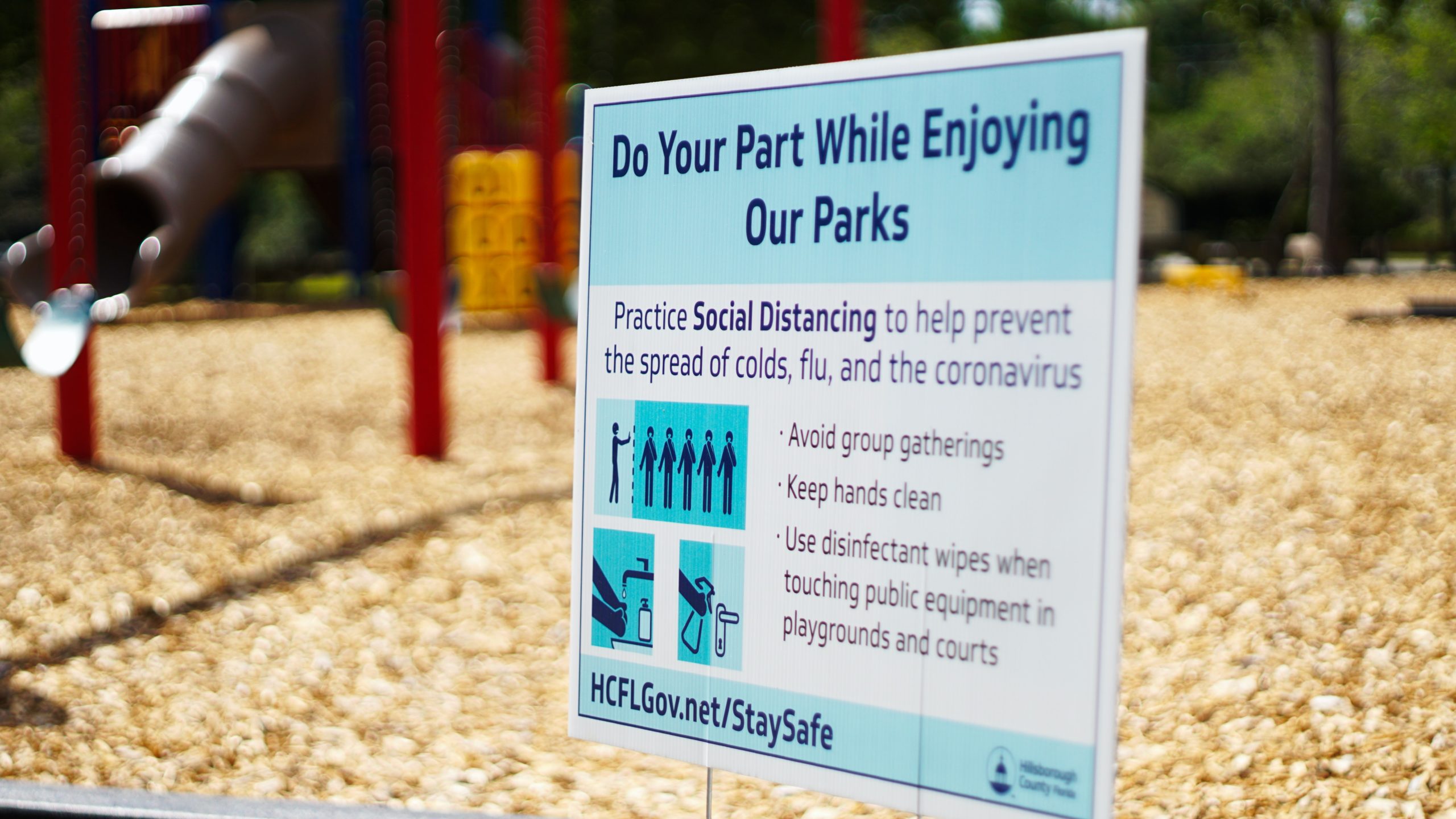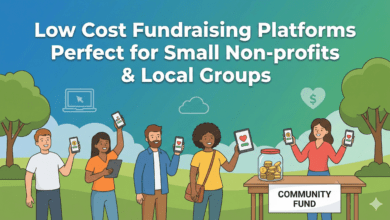
Ways You Can Help Your Community During an Outbreak
Image Source: Unsplash
The coronavirus pandemic has swept the entire globe in ways most of us have never experienced before. Over 95% of Americans are currently under some kind of stay-at-home order, schools across the country are closed, and non-essential businesses have been ordered to shutter their doors to the public, too.
The main goal in all of these shutdowns is to “flatten the curve” of COVID-19 so fewer people get sick. In the U.S. alone, there have been nearly 20,000 deaths caused by this virus.
So what can you do to help your community and the people in it? How can you take the lessons learned from this pandemic and use them in the future, if anything like this ever happens again?
It starts by taking proper care of yourself and following the guidelines of the Centers for Disease Control and the government. That includes proper handwashing techniques and practicing social distancing. It’s also a good idea to make self-care a priority. Practice mindfulness, eat healthily, exercise each day, and find other ways to reduce your stress levels. The better you take care of yourself during these uncertain times, the more you can do for others.
Assisting Those Most at Risk
Studies have shown that the elderly and immunocompromised are most at risk for catching Coronavirus, and they have a harder time fighting against it. The CDC has reported that 8 out of 10 deaths caused by COVID-19 in the U.S. have been those aged 65 and older. Practicing social distancing from individuals who are at greater risk is a good start. But, those people still need the same supplies and care that everyone else does. The elderly are already at risk of experiencing loneliness more than others, which can lead to serious health problems and can even increase their mortality rate.
If you’re not at a high risk of contracting the disease, one way to help out those who might be struggling is to run errands, buy groceries, or pick up prescriptions for those who are. You can do their shopping and leave their supplies on their doorstep without ever having to directly interact. If someone you love is at risk, encourage them to use programs like Shipt or UberEats to get meals delivered to them.
To help combat potential loneliness, you can download apps like Zoom or Skype to stay connected while practicing social distancing. Technology has made it easier for everyone to feel a little less isolated during this time, which can make a big difference in your family or circle of friends.
Working Remotely to Flatten the Curve
Millions of Americans are now working from home in an effort to socially distance themselves from others. Remote working has been growing in popularity for years, but now many people are experiencing it out of necessity.
If you can, find ways to be home more often rather than in the office, at your retail store, or your warehouse. Some jobs are considered essential, but if there is any way for you to do yours remotely, it’s going to be better for everyone — including yourself.
Working from home has additional mental health benefits to consider, including:
- Stress reduction
- Improved productivity
- A better work-life balance
It’s important for everyone to stay as healthy as possible right now. So, if working from home can reduce your stress and give you more time to get enough sleep, exercise, and cook healthy meals, it can benefit you in more ways than one. It also gives you the opportunity to try something new, and to do something you enjoy. Those are both factors that can improve your overall mental health.
Supporting Your Community and Those Who Keep it Running
There are some people who simply can’t stay home, especially those on the frontlines in the healthcare community, those working at grocery stores, truck drivers, and government employees. These are the people who are keeping the country running, on a large scale and down to individual communities. Think about where you might be right now if your local grocery store workers weren’t there.
So, how can you support those who have essential jobs? Do what you can to keep them safe and allow them to have breaks. For healthcare workers, that means staying healthy and doing what the CDC suggests. There is already a shortage of healthcare staff in the country. This virus has created an even bigger problem. By limiting your risk of contracting Coronavirus, you’ll take the pressure off of hospital workers sooner.
To support those working within your community at stores or other essential businesses, only go out when you have to. The government has now recommended that everyone wear masks in public to continue to reduce the spread of this virus. If you’re in a store or another public place with workers, follow the guidelines put in place to keep them safe. Be kind and grateful.
There are some people that have had to give up their livelihood for the time being, including artists, musicians, and others who make their money through public venues. Thankfully, there are still several ways you can support locals in need, including:
- Buying merchandise from their websites
- Pre-ordering new music, art pieces, other crafts
- Promoting their work on social media
- Going to their shows or gatherings once this pandemic is over
Getting involved in your community during an outbreak is important, especially if you’re healthy and able. By doing your small part to help others and keep them safe, you’re helping to flatten the curve faster. It’s safe to say that public health officials are applying what they’ve learned from past epidemics to help combat this one; and that this one is helping them learn how to respond in the future. Already, they are helping communities by leveraging big data and learning more about how to combat diseases. Hopefully, that will mean the ability to predict infectious diseases ahead of time, so pandemics like the one we’re currently in can be avoided altogether.






